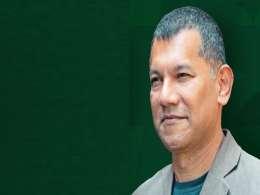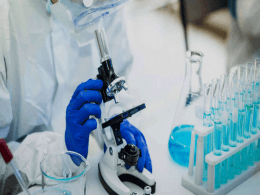Sun Pharmaceutical Industries Ltd will acquire 14 prescription brands from Swiss firm Novartis AG in Japan for $293 million (about Rs 1,950 crore) in a deal that allows India's biggest drugmaker to establish a strong footprint in the world’s second-largest pharmaceutical market.
“This acquisition marks Sun Pharma’s foray into the Japanese prescription market and provides us an opportunity to build a larger product portfolio in the future,†Sun Pharma managing director Dilip Shanghvi said in a statement.
The company said these brands have combined annualised revenue of about $160 million and address medical conditions across several therapeutic areas. Novartis will continue to distribute these brands for a certain period, pending transfer of all marketing authorizations to Sun Pharma.
The all-cash deal will help Sun Pharma diversify its sources of revenue as the company currently gets nearly half of its $4.5 billion annual sales from the US, the world’s biggest pharmaceutical market. The deal is important for the company because Japan accounted for about 7 per cent of the global market, or $73 billion, according to December 2015 data from healthcare research firm IMS.
Sun Pharma, which counts Singapore's sovereign wealth fund GIC and Temasek as investors, has been slow in establishing its presence in the Japanese pharmaceuticals markets unlike peer Lupin Ltd.
Lupin had entered Japan by acquiring Kyowa Pharmaceuticals in 2007, and the Japanese market now contributes about 10 per cent to its revenue. Recently, Lupin said Kyowa planned to set up a manufacturing plant at Tottori, Japan, as part of its expansion plans, underlining its confidence in the country.
Sun Pharma's association with Japan began with its acquisition of Ranbaxy Laboratories Ltd. Ranbaxy had presence in Japan through a joint venture it formed in 2005 with local company Nippon Chemiphar. Ranbaxy was acquired in 2008 by Daiichi Sankyo, and the Japanese company sold it to Sun Pharma in 2014.
Sun Pharma’s acquisition of Novartis brands comes at a time when it faces regulatory hurdles in the US. In December, the US Food and Drug Administration warned Sun Pharma about its Halol facility in Gujarat. The Halol plant makes injectable products and makes up about 15 per cent of the drugmaker's sales in the US.
Indian pharmaceutical companies, which supply about 40 per cent of the generic drugs sold in the US, have come under greater scrutiny from the US FDA over quality issues for the past couple of years.
However, Japan's drug regulator is equally strict with pharmaceuticals companies. In February, a Novartis unit in Japan faced a 15-day closure for compliance violations.







